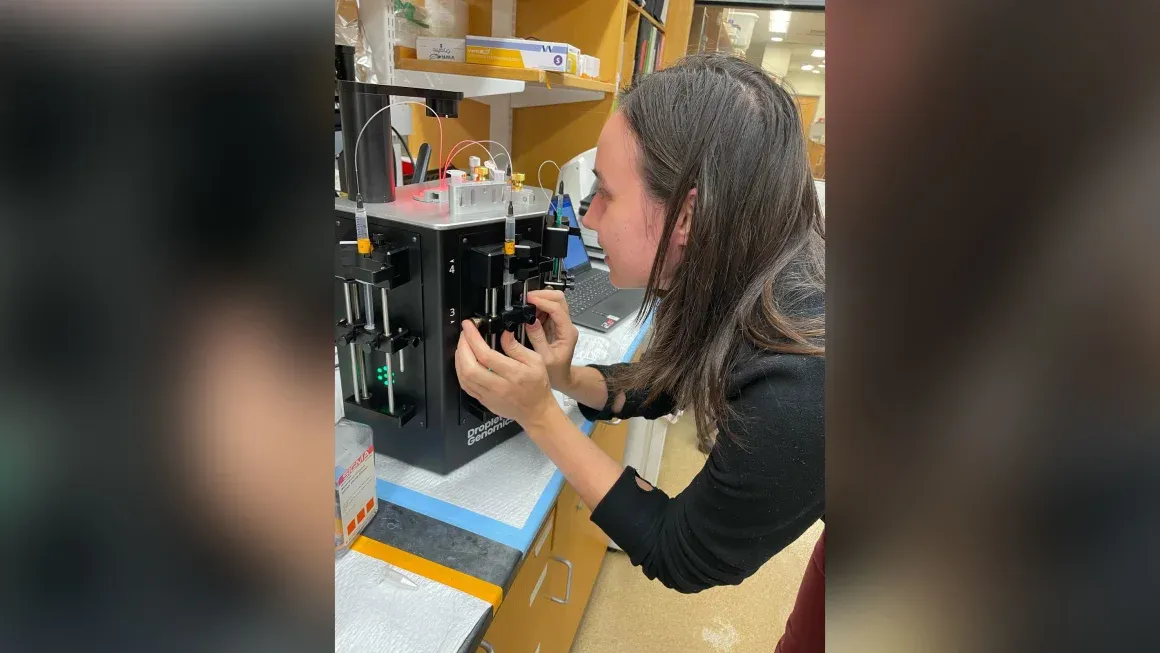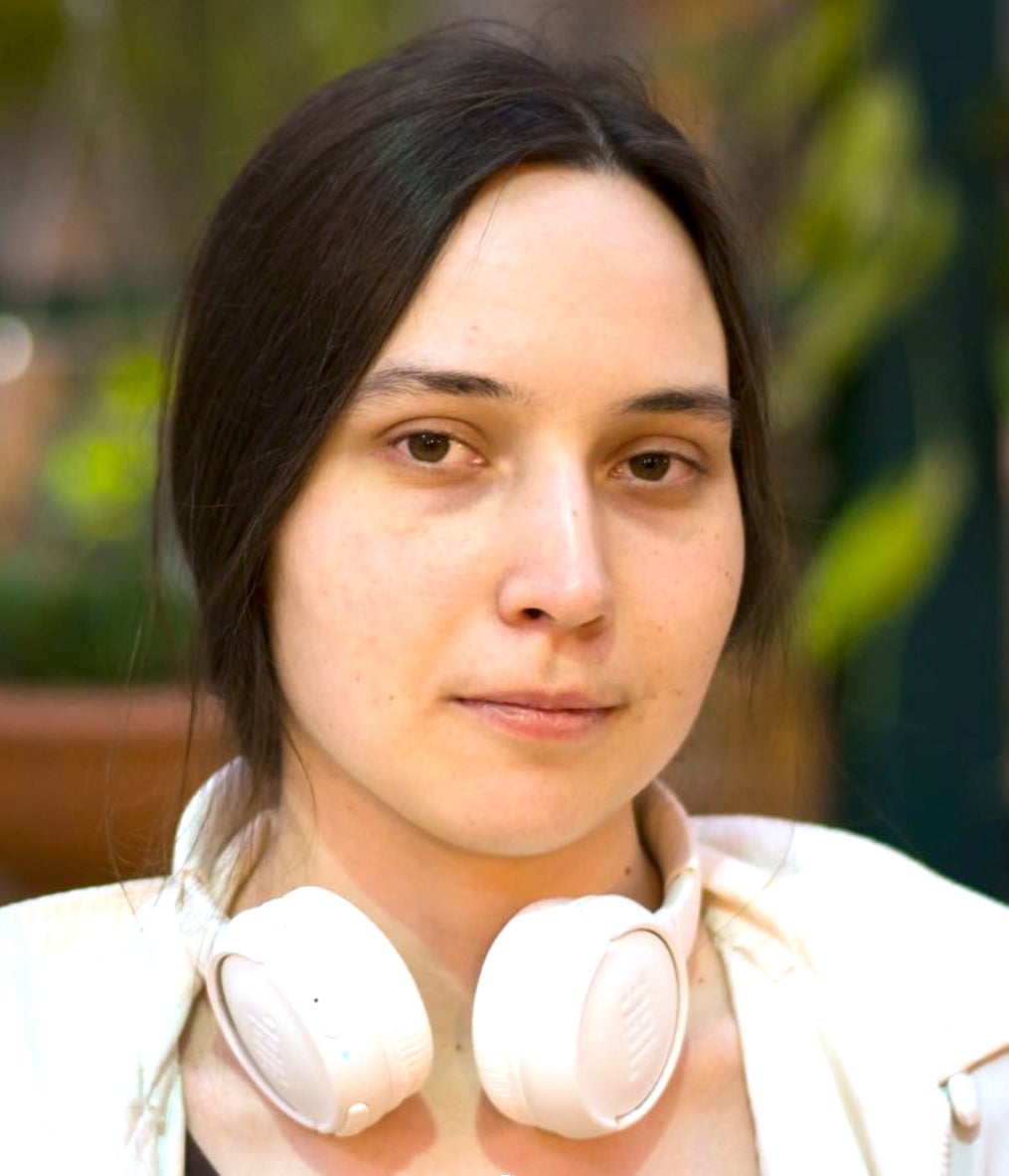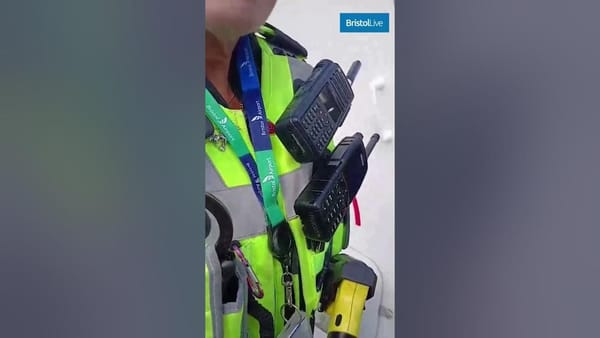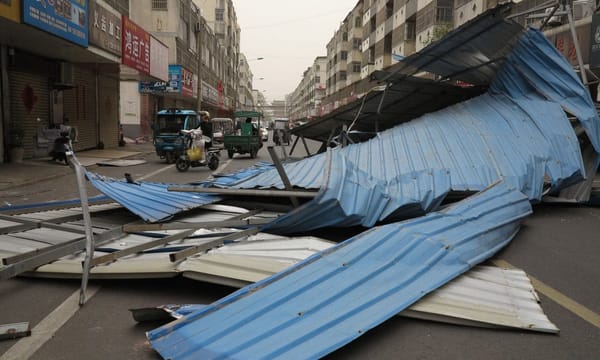They're being terrorized': Students with perfect records facing shock deportation over minor infractions or no reason at all

The deportation crackdown that's sending shock waves through American universities
If you've been wondering why your international student friends have suddenly gone quiet or are afraid to leave campus, this might explain it.
More than 340 students, faculty, and researchers at prestigious American universities have had their visas suddenly revoked this year – often with no explanation or for infractions as minor as a years-old misdemeanor.

The earliest cases focused on those accused of supporting terror organizations. But the scope has rapidly expanded to include students with no criminal record or those with minor violations that would typically result in a fine.
Take Kseniia Petrova, a Harvard Medical School researcher who is now sitting in an ICE detention facility in Louisiana. Her crime? Failing to declare "non-hazardous" frog embryos she was carrying when returning to the US from France in February.
Rather than issue a fine for the customs form error, officials revoked her visa and took her into custody. Her attorney described it as "a punishment grossly disproportionate to the situation."

Petrova now faces deportation to Russia, where her attorney says she would face immediate arrest over her previous outspoken opposition to Russia's invasion of Ukraine.
She's far from alone. Doğukan Günaydin, a graduate student at the University of Minnesota, was detained by ICE because of a prior drunk driving conviction. His attorney noted that online records show his visa revocation wasn't even official until seven hours after he was taken into custody while heading to class.
Immigration attorney David Wilson told CNN he's never seen a DUI used to kick someone out of the country. "Saying that your (legal) status is ended because of that, there's no precedent for that," he said.

In many cases, students and universities are being kept in the dark about why visas are being revoked. Several universities – including UT Austin, Stanford, and UCLA – said the government never directly informed them that they had students whose visas had been revoked.
The Department of Homeland Security has declined to provide details on many visa revocation decisions unless forced to do so in court.
Some students are receiving notifications suggesting they "self-deport" rather than challenge their deportation in court. The government has even created an app called "CBP Home" to facilitate voluntary departures.

For those who stay to fight their cases, there's another threat: DHS stated it could fine an immigrant $998 per day for remaining in the country after receiving "a final order of removal."
The lack of clarity and seemingly arbitrary enforcement is creating a climate of fear among international students.
"I think I want to speak in the name of everyone here, we are feeling anxious," said a freshman on a student visa enrolled at a Philadelphia university who spoke to CNN on condition of anonymity.
"We feel anxiety because we don't know what's going to happen. People could be targeted without being related to something, you know?"
The fear has spread beyond just current students. Wilson says he has "individuals who naturalized 10 years ago asking if they have a parking ticket, can they travel?"
"People are being terrorized because of the uncertainty that the slightest contact with law enforcement will trigger a consequence that will unravel their life in the United States.




